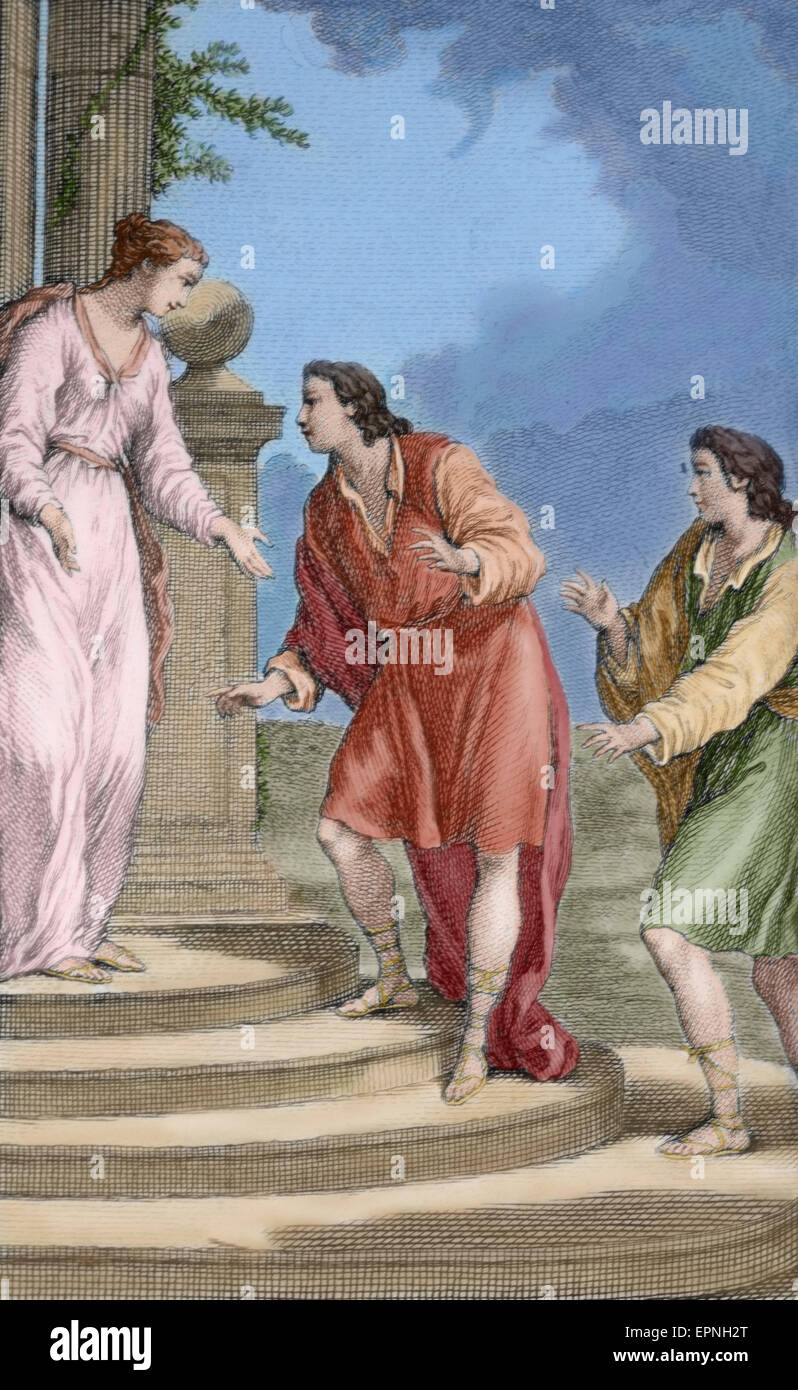Plautus Asinaria
The inferior status of Asinaria has become virtually an article of faith in modern scholarship. In re-examining the identity of the youthful lover of lines 127ff., this. Plautus, Asinaria * Franko, George Fredric. 'Ensemble Scenes in Plautus.' American Journal of Philology 125 (2004) 27-59. Gratwick, Adrian S. 'Paternal 'Obsequalia': Some Passages of Plautus, Nonius, and Terence.' Hermes 129 (2001) 45-62. Hough, John Newbold. 'The Structure of the Asinaria.' American Journal of Philology 58 (1937) 19-37. Konstan, David.
The Comedies of Plautus. Henry Thomas Riley. Bell and Sons. NSF, NEH: Digital Libraries Initiative, Phase 2 provided support for entering this text. This text was converted to electronic form by professional data entry and has been proofread to a medium level of accuracy. 184 B.C.) was a Roman writer. His theatrical genius, vitality, farcical humor, and control of the Latin language rank him as Rome's greatest comic playwright. During the 3d century B.C., Roman writers began to imitate the forms and contents of Greek literature. Unlike the early.
• Introduction • Introductory Works • General Overviews • Bibliographical Surveys • Text • Translations • Individual Plays • Amphitruo • Asinaria • Aulularia • Bacchides • Captivi • Casina • Cistellaria • Curculio • Epidicus • Menaechmi • Mercator • Miles Gloriosus • Mostellaria • Persa • Poenulus • Pseudolus • Rudens • Stichus • Trinummus • Truculentus • Vidularia • Relationship to Greek Models • Native Italian Drama • Theatricality, Improvisation, and Metatheater • Narrative Structures • Characters • Social Commentary • Language and Style • Cantica and Meter. Black ops 2 skidrow download. Introduction Titus Maccius Plautus, from Sarsina in Umbria, wrote plays at the turn of the 3rd into the 2nd century BCE; only two can be dated (200 and 191 BCE).
(cited under ) shows that his name is probably a pseudonym, indicating close connection with Italian performance culture. Although 130 plays were attributed to him, 21 were ultimately regarded as genuine in Antiquity, and these plays have been transmitted to us; other fragments exist. Most are adaptations from Greek New Comedy written by Menander, Diphilus, and Philemon, and hence we name them fabulae palliatae, although Amphitruo shows the influence of other forms of drama, such as the phlyakes, farces performed in southern Italy (see, cited under ). Plautus Romanized and Latinized a number of features in the plays and invented material of his own, inspired by native forms of drama, such as farce, and improvised forms of comic entertainment. Introductory Works Plautus was a very successful dramatist (). For brief introductions, see and as well as the general books on Roman comedy listed in the Oxford Bibliographies Online article.

And above all remain indispensable. Is essential orientation for undergraduates. • Beare, William. The Roman stage: A short history of Latin drama in the time of the republic. London: Methuen. Still the standard account in English of the practicalities of the Roman stage under the republic.
Plautus Asinaria
Covers origins, dramatists, genres, organization of staging, spectators, actors. • Bieber, Margarete. The history of the Greek and Roman theater. Princeton, NJ: Princeton Univ.
Still valuable illustrated study of Greek and Roman theater, especially the physical aspects of dramatic performances, using a wide variety of sources. First published in 1939. • Chiarini, Gioachino. Introduzione al teatro latino. Brief overview of Plautus on pages 69–85. • Conte, Gian Biagio. Latin literature: A history.